Experts call for stricter supervision on renting out video game accounts
Legal experts have called for cyberspace departments to tighten supervision over e-commerce platforms and ban them from selling or renting online video game accounts meant for adults to juveniles to help prevent children from becoming addicted to the internet.
The experts have also suggested game service providers strengthen facial recognition.
Their advice came after some children were found to be playing games for longer than they're allowed by using adult accounts that had been bought or rented to evade identity verification from the game platforms.
For example, a mother in Tianjin complained that her son, a middle school student surnamed Liu, recently used a rented account to play online games late at night, sometimes going to bed after 11 pm, according to a recent report from Legal Daily.
"If accounts are easily obtained from the internet, our country's measures against addiction to online games among children, such as regulations, will be meaningless," the paper quoted the mother as saying.
In August 2021, the National Press and Publication Administration issued a regulation clarifying that all online video game service providers can only allow minors to play between 8 pm and 9 pm on Fridays, Saturdays, Sundays and holidays.
It also ordered game providers to adopt real-name registration of users and take more action to prevent children under 18 from becoming obsessed with online games.
Since then, many providers have set up a system to reduce gaming time for juveniles and are now requiring users to register accounts with real identities, according to a report jointly released by the game division of the China Audio-video and Digital Publishing Association and the China Game Industry Research Institute in November.
The report said that the regulation has helped curb online game addiction among children, citing data from Tencent, a large Chinese online game service provider, which noted that online gaming time spent by minors in July 2022 fell 92 percent year-on-year.
However, on a few gaming sites, some children were able to register fraudulently by using adults' identification cards, which allowed them to rent or buy accounts meant for older gamers and spend more time online.
"Renting or selling game accounts to minors is illegal," said Zhu Wei, deputy director of the Communication Law Research Center at the China University of Political Science and Law. "If youngsters can bypass the anti-addiction system in this way, the system's designer has failed."
Zhu Jie, a lawyer at the Chongqing branch of the Tahota Law Firm, said, "Our country has made it clear that no one is allowed to sell or rent online game accounts to children, so those engaged in this industry could be committing the crime of operating a business illegally."
While conducting a search, China Daily easily found game providers renting online accounts for adults on e-commerce platforms. Some providers were found to be renting such accounts more than 100,000 times per month.
Generally, game accounts in China are linked with the personal identities of users, and user agreements typically specify that these accounts should not be rented or traded in any form without the company's authorization, let alone to minors.
"E-commerce platforms should enhance supervision on their own," Zhu Jie said, suggesting that they should either root out vendors selling or renting game accounts through keyword searches, or increase the number of employees tasked with reviewing whether products or services sold online are legal.
Calling for cyberspace regulators to harshly punish e-commerce platforms that are found to have indulged in illegal businesses, he said that online game providers also need to upgrade their technologies to strengthen their facial recognition systems.
But he stressed that at the same time, personal information must be protected, and game providers should get permission from users before collecting their facial images.
Furthermore, both Zhu Wei and Zhu Jie suggested that government agencies, including those engaged in education and culture, as well as schools, work together to guide children to make use of their spare time wisely. They also urged parents to set up software to help limit their children's internet surfing time.
In recent years, media headlines have often highlighted children's addiction to online games, including extreme cases in which they harmed themselves or others after being influenced by the games, triggering public concern.
Chinese authorities have taken steps to fight the problem through legislation, policymaking and game design.
In October 2020, for example, the Standing Committee of the National People's Congress, the country's top legislature, adopted an amended Law on the Protection of Minors, stating that internet service providers are obliged to prevent children from becoming addicted to the internet by controlling the amount of time that users under age 18 spend playing video games.
Another regulation issued by the National Press and Publication Administration in 2019 also clarified that paid online services must not be open to users younger than 8, and any harmful content, such as pornography, violence and gambling, must be prohibited.











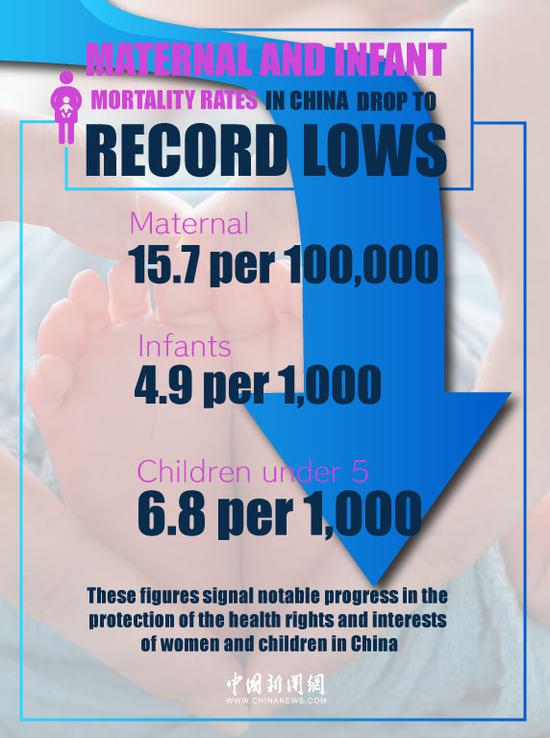

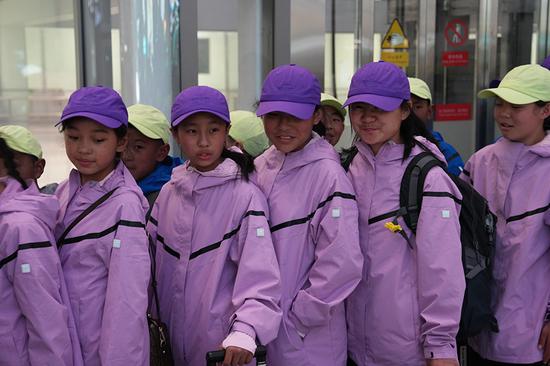









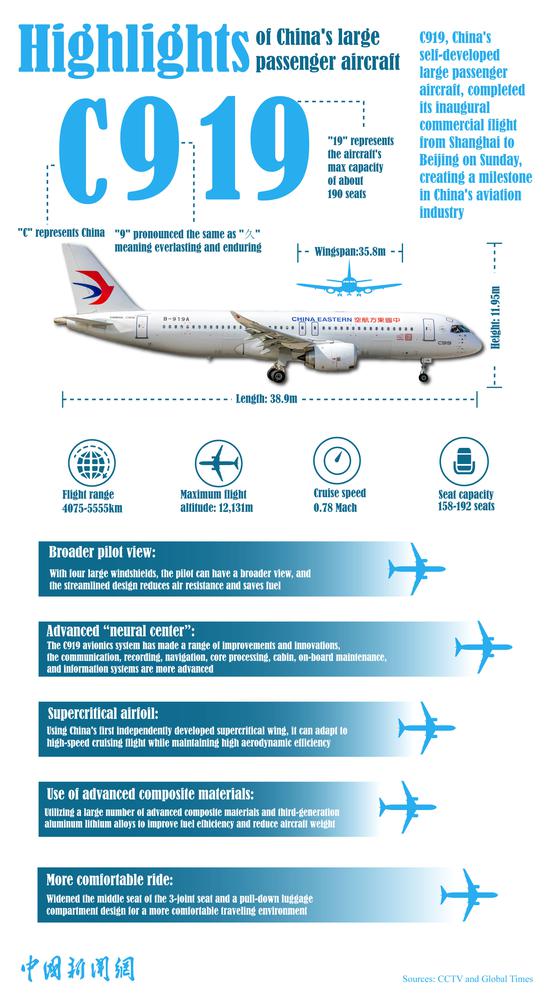









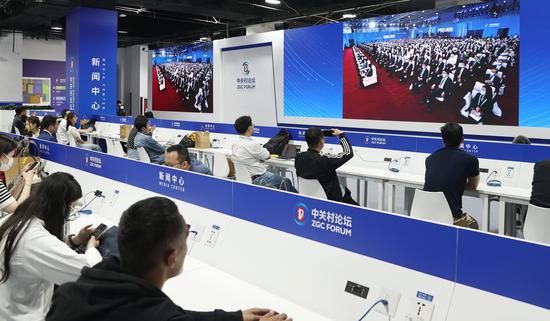


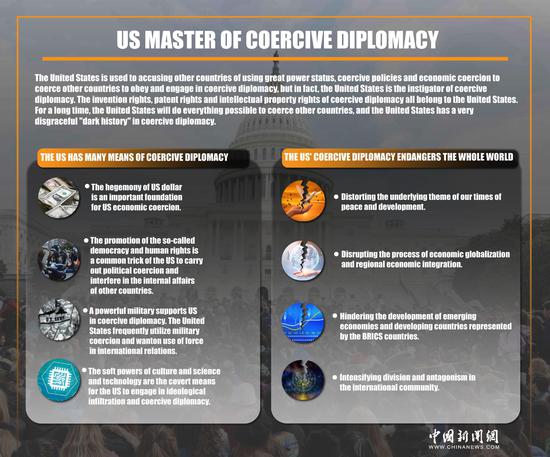













 京公网安备 11010202009201号
京公网安备 11010202009201号